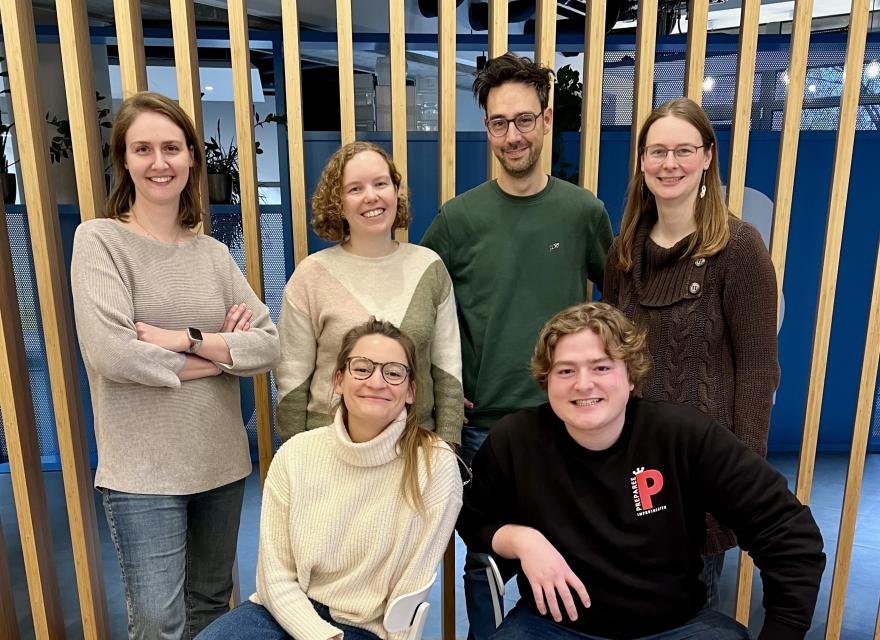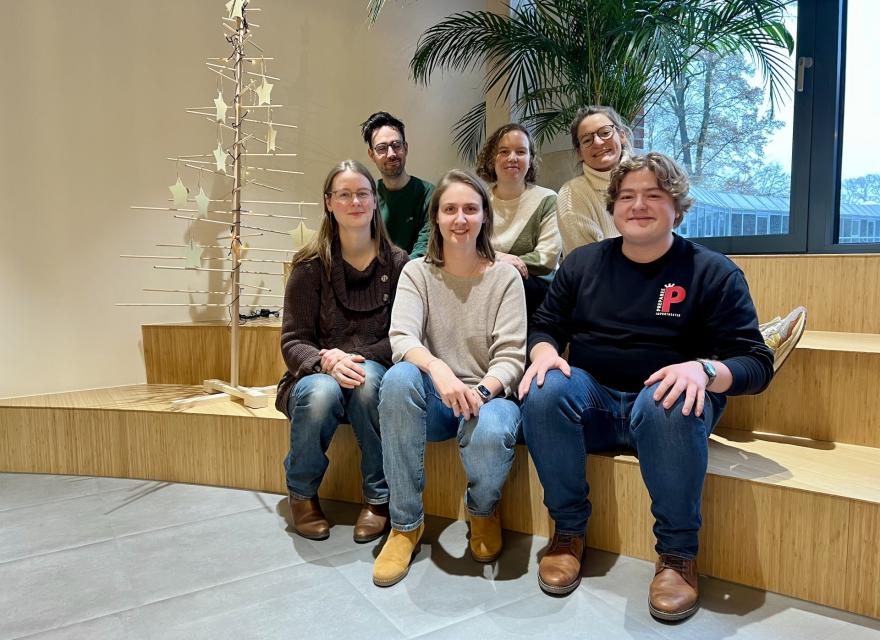Study: The citizen in Flemish citizen science
Although European studies have already been conducted into the demography of citizen scientists, both at the European level and in other countries, we still have little insight into this in Flanders (Belgium). To this end, Scivil conducted a survey in 2020 among Flemish citizen scientists to gain insight into personal characteristics, such as age and education, and their motivation to participate in a citizen science project. In the following, we briefly summarize the main results. The full report can be found at the bottom of the article.


Who are the Flemish Citizen scientists?
The results of the survey follow the general trend that citizen scientists are on average older and higher educated than the average citizen in Flanders, although this appears to differ highly between projects. In addition, more men (59%) than women (41%) participated in our survey.
The Flemish citizen science projects
A great diversity of projects emerged when asked which citizen science projects the respondents had already participated in. Most respondents got to know the citizen science projects via the internet or via an acquaintance. Not unexpectedly projects around nature are in the vast majority, followed by projects around history and air quality. The surveyed citizen scientists from areas with a lower population density took part more often in projects related to nature, whereas the surveyed citizen scientists from areas with a higher population density participated more in projects related to air quality and mobility.



Motives and experiences of citizen scientists
Contributing to scientific research appears to be the biggest motivator for citizen scientsts. But citizens also participate simply because it's fun and to learn. The motivator " to influence my environment" seems to be less important, but is especially important for citizen scientists who participate in projects on the theme of mobility.

Citizen scientists often get a positive experience from their participation. For example, they find their participation in a project both fun and educational, and in most cases it met their expectations. We also saw that the extent to which the project met the respondent's expectations was positively related to how enjoyable or educational the participation was found to be. In addition, the majority of citizen scientists feel valued by the project organisers. All this makes for an overall positive experience.




EWI-financing and citizen scientists
Most of the projects mentioned by the citizen scientists surveyed were projects that were not subsidized by EWI (69%). The citizen scientists who took part in projects that were subsidized by EWI were generally younger and only recently participated in a citizen science project for the first time. The EWI project calls thus seem to have succeeded in addressing a new group of citizens.
The results of this survey provide more insight into the demographics of Flemish citizen scientists, enabling both policymakers and project providers to deal more consciously with the citizen scientists who contribute to their project when devising or executing citizen science projects.


